|
The Musicians Way: Downloads
An fantastic collection of practice templates, assessments, and plans to make sure you are making the most of your time! 12 Tips for Memorizing Music https://colorinmypiano.com/2010/03/02/12-tips-for-memorizing-piano-music/
0 Comments
Piano Prodigies hosted a masterclass by pianist and teacher Chad Bowles on Friday, April 7, 2017. Three students performed for Dr. Bowles and received feedback on how to practice and work to improve their playing:
Grace (age 6) Sonatina Humoresque (Preambulum: Allegro) by Christos Tsitsaros Sonatina Op. 55, No. 3 (Allegro con spirito) by Friedrich Kuhlau Amica (age 10) Clair de Lune by Claude Debussy Prelude Op. 12 No. 7 ("Harp") by Sergei Prokofiev Liana (age 13) Fantasie Impromptu by Frederic Chopin Sonata No. 4 Op. 128, Movement IV by Diane Rahbee Summary:
Time seemed to accelerate during the final segment of the tour. "Wake up - eat breakfast - hop in the van - dress rehearsal - concert - head to hotel" became the familiar routine. And yet, we found ourselves trying to shirk any sort of musical routine; digging deeper and continuing to discover new and beautiful elements to share with our audiences. Subtleties in timing and dynamics that may have been left to chance early on in the learning process were now significant decisions that could alter the entire energy of the performance. We explored the balance of staying honest with a score and infusing it with our own interpretation.
I'd like to share three aspects of musical exploration that I feel are essential to finding this balance:
As performers, we should remember that the majority of the audience usually does not have a relationship with the pieces we are playing that is nearly as intimate as the one we develop through the learning process. The audience is not looking at scores as we play (thankfully!). They are there to enjoy, feel, and experience the soundscape we convey to them. But, because they get to hear the music that is second-nature to us just once - we must help them connect with it instantly. What a neat challenge and special responsibility! 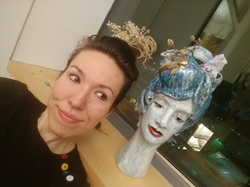 Have you ever practiced for 8 hours and wished that you could just keep going for a few more? Looks like I've got your attention. Great! From April 4-25 I'll be touring Lithuania with my family's ensemble, The American Virtuosi. I'd love to share a few highlights from the the first part of our trip. A week ago today, I left my home in New Hampshire and flew to Maryland to start rehearsals with my family. I landed at 2pm. An hour later, I was seated in front of a piano. We stayed in the practice studio 'til almost midnight; though we had each been working on our individual parts, there was a lot of work to do with putting together our ensemble and synchronizing our artistic visions. My face *almost* turned blue (see picture). My eyes did turn a bit red. Sunday... more practicing. Monday morning, we hit the road. Agenda:
So, what did we do after we checked into the hotel and had a bite to eat? We gently asked if we could have access to the music school to practice, of course. I got the concert hall (below) and we each put in a couple hours. Wednesday morning we met the Mayor of Siauliai (pictured in blue suit, below). We talked about music, education, our travels, teaching... and a bit of politics as well (though we tried to avoid the US Presidential race...). After lunch: practicing and after lunch a masterclass for several talented young pianists. On Thursday, we woke up to see a picture from yesterday's meeting in the paper. We practiced and rehearsed most of the day, and then performed our first tour concert. We shared the stage with the renowned Dagilelis Boychoir - and at the end of the concert we played a beautiful selection together: "Ave Maria" by Guilio Caccini. Friday... rehearsals & practicing. Never enough! In the afternoon we were special guests at a national boychoir festival in which they performed their instrumental talents (solo and ensemble). WOW! We enjoyed the recital, and then were invited on stage to close the festival with our selection "Music from Around the World." I guarantee it to be the fastest ticket around the world! Today we almost played basketball instead of a concert. Our performance took place at the Siauliai arena, and our greenroom was box seats above the basketball court. The game started during the concert, so every time we came back to the room we caught a bit of it. Lithuania is known for having great basketball players and it was fun to watch them (believe it or not, this was my first time watching a live basketball game). Follow me on Instagram.com/Girlpianist
I am thrilled to have been asked to write a guest blog for Your Best Moment - the blog of my friend and fabulous performance coach, Elyssa Smith.
http://www.yourbestmoment.com/blog/mindset-matters-part-i-a-teachers-perspective/ http://www.yourbestmoment.com/blog/mindset-matters-part-2-self-reflections-of-a-performer/ Elyssa's blog has so many helpful ideas (reflections, inspirations, motivations...) for performers . Be sure to read and subscribe! My grad school roommate had a wonderful philosophy on practicing when you don't feel like it: "just try a little." 5 minutes. 10 minutes. 15 minutes. If you don't get past that point, at least you tried (and some practicing is better than no practicing). But chances are 5 minutes will turn into 10, to 15, to 20, and maybe more, as getting started is often the hardest part.
Here's a neat blog entry from The Bulletproof Musician that does a great job explaining this. http://www.bulletproofmusician.com/how-to-get-yourself-to-practice-when-you-dont-feel-like-it/ Not many students would call practicing scales fun (at least, until they become fluent in them). When I ask students why we practice scales, broken chords, cadences, etc. I usually get a blank stare, unhappy face, and a response that goes something like this: "Because... we have to?"
Scales are an essential skill for every musician. They develop:
Performance psychology is a very interesting field and important topic for performers of all sorts (musicians, athletes, public speakers, etc). There are many approaches to building and maintaining confidence under pressure. Here are a few of my thoughts on preparing for a successful performance:
Begin your practice with a sense of calm and peace. Remember that practicing is a process and that it can’t be rushed. Set your intention as you begin and as you go through the practice session, remind yourself why you are practicing.
1. Begin by spending 10-15 minutes (time it!) on scales, arpeggios, chords (solid/broken) and exercises (e.g. Czerny of Schmitt). Try playing the exercises in the key of the pieces that you are currently working on. Start slow (always!), gradually increase your speed while maintaining control, clarity, precision and a steady pulse (work with metronome!). Use a variety of articulations and dynamic levels. Be picky and listen for unevenness and accents. Make sure you use the correct scale fingering. 2. Spend at least 10 minutes on your etudes and any sight-reading exercises. For Czerny, pick 1-2 per week (starting at #35). Use it as a warm-up and a chance to pay attention to all your fingers and exercise them. Use rhythmic exercises and really press into the keys. Check them off as soon as you are able to play cleanly at full-tempo. For sight-reading – look first (time signature, key signature, clefs, patterns, rhythms, etc), then imagine the sound, and finally play. 3. Review notes from recent lessons and look over your music. Spend 25-30 minutes practicing short (4-8 measures maximum) trouble spots in each of your pieces. Practice super-slow and with patience. Aim for relaxed, flexible hands. Breathe! 4. New pieces: refrain from playing them… You have to keep your brain in investigative mode and analyze them so that you soak in every detail and let nothing escape. Be really, really, really picky. As you get better and can play the music, start to record yourself and listen back. Count! 5. Review/refresh older pieces. Practice trouble spots first (WITH music out!). Look carefully at all the comments written into the music. 6. Fun music, improvisation, etc. At the end of practice (or separate from practice session), try some sight-reading!
|
AboutElizabeth Borowsky is a pianist, teacher, and composer. She is a Nationally Certified Teacher of Music in Piano (Music Teachers National Association). SubscribeCategories
All
Archives
May 2023
|
Location |
|

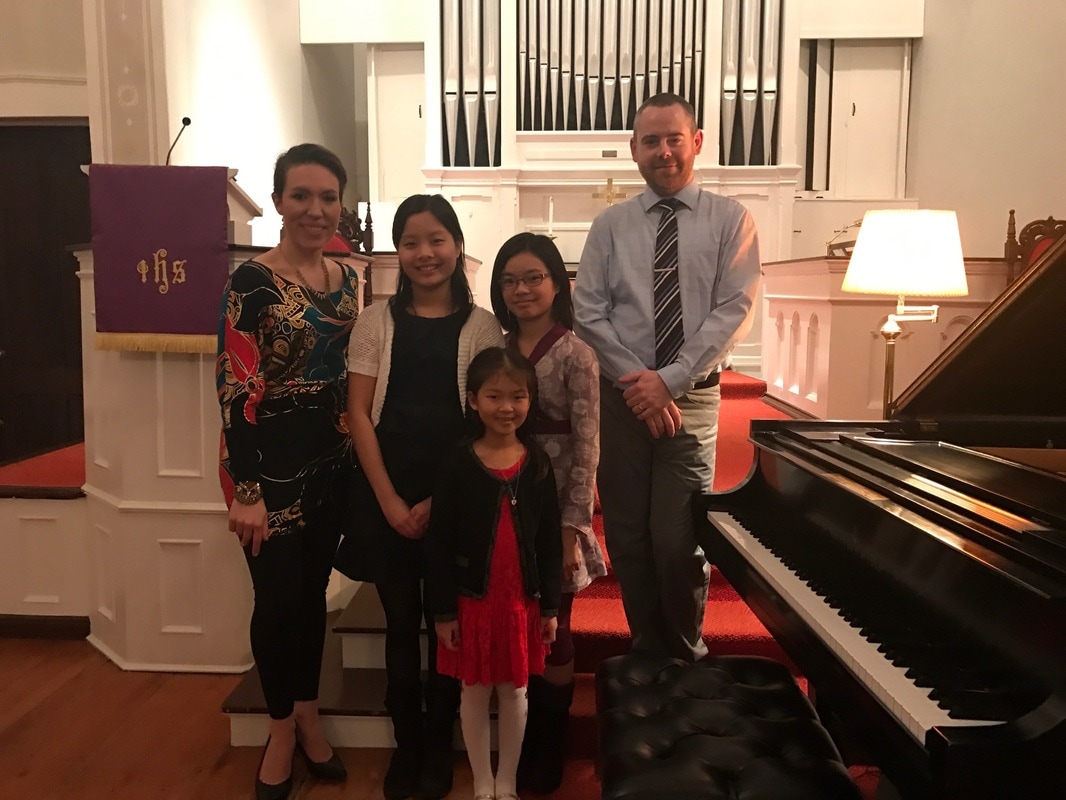

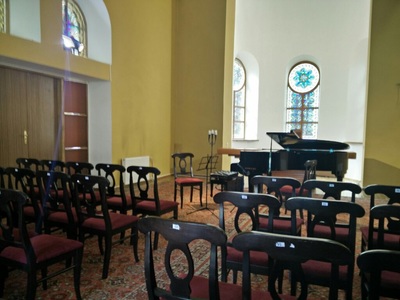
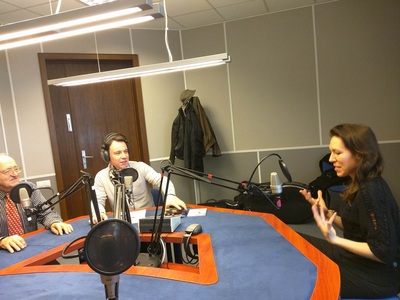
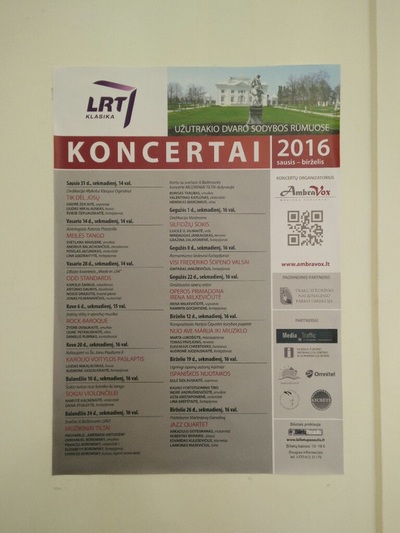
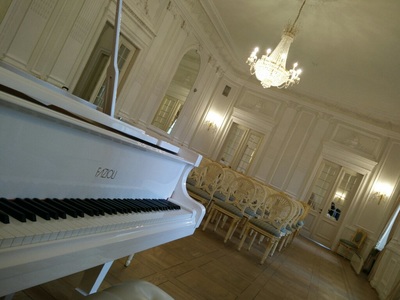
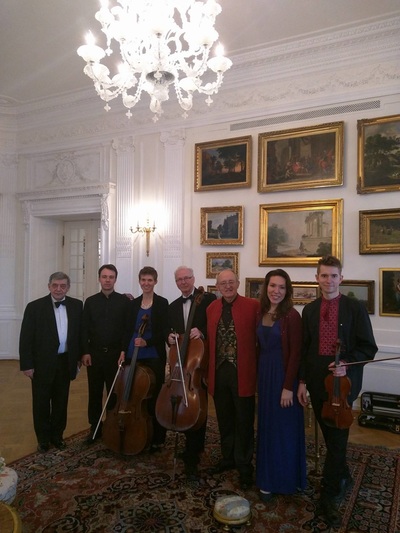



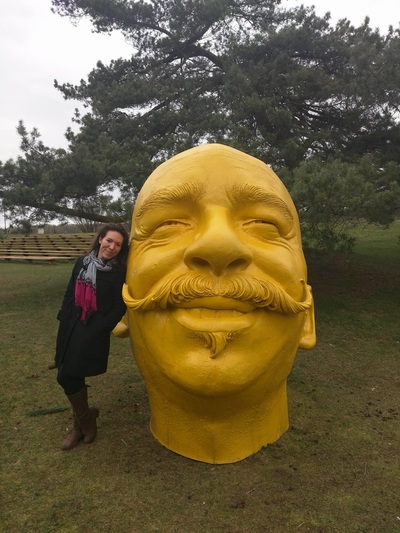
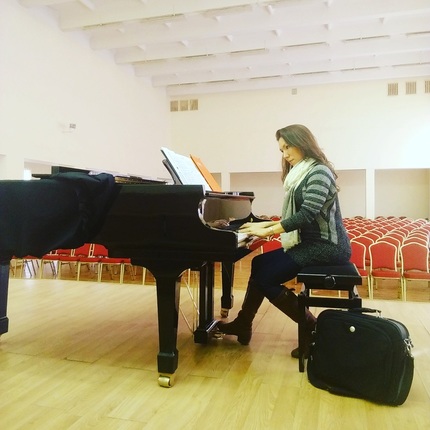
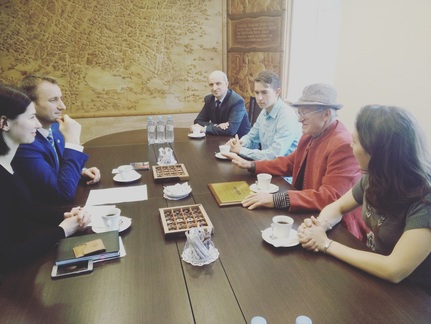
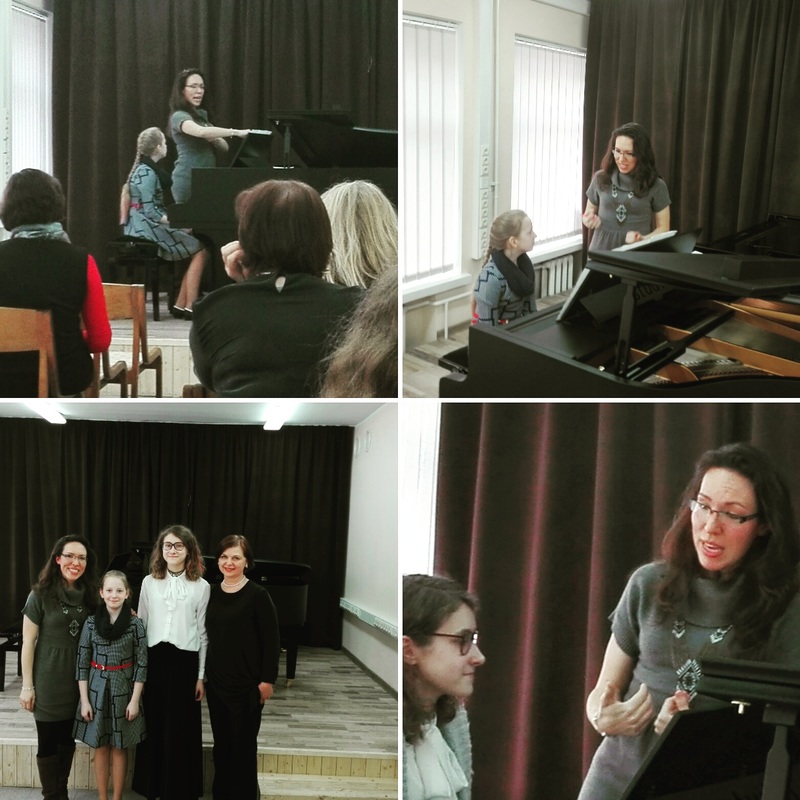
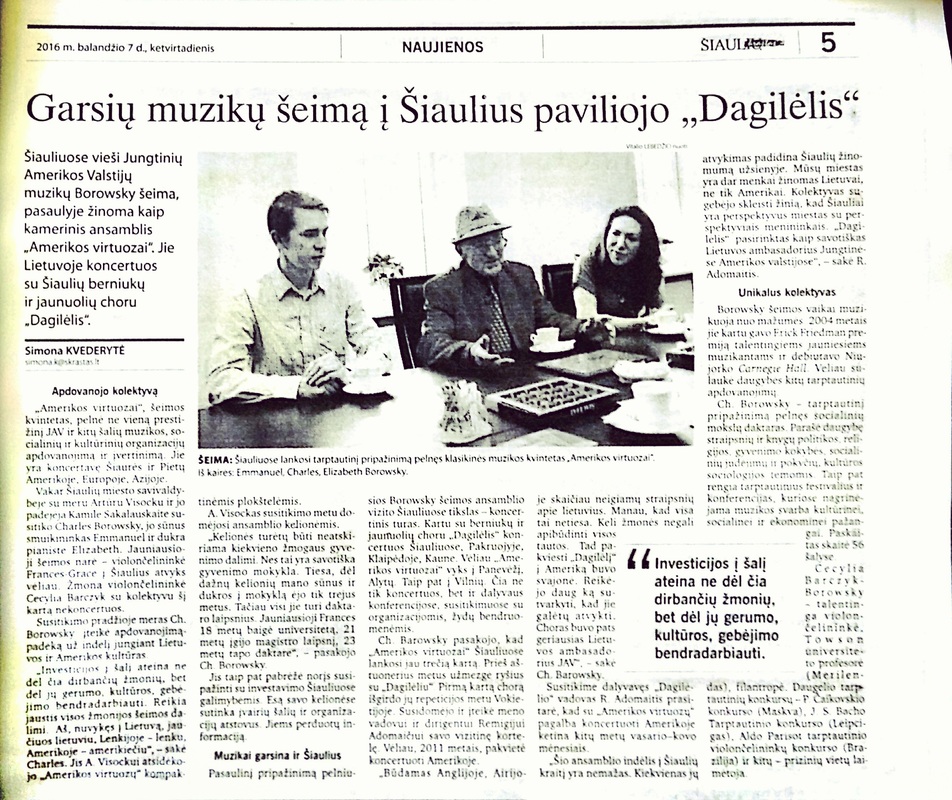
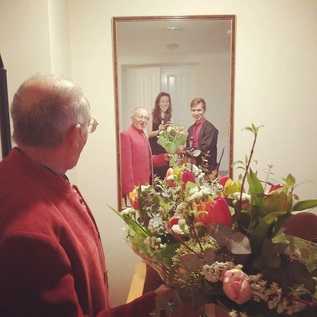
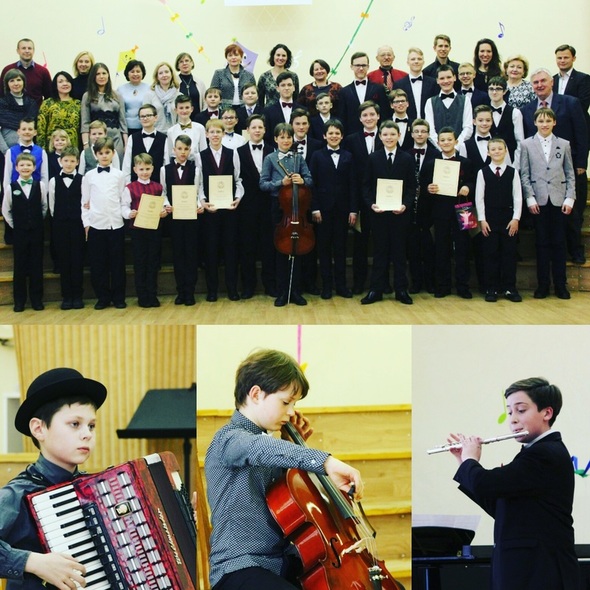
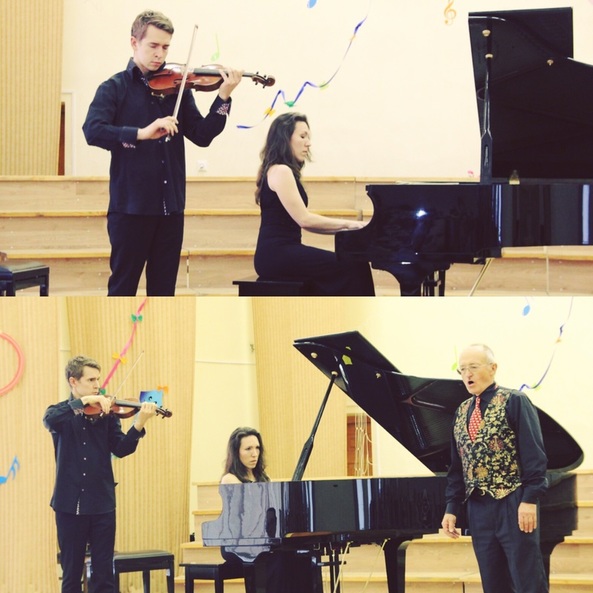

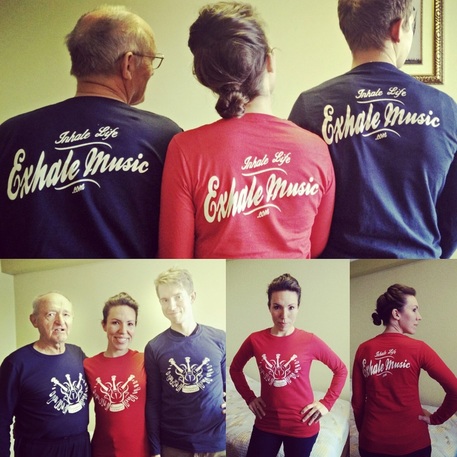
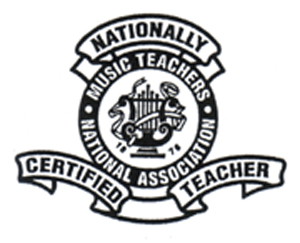

 RSS Feed
RSS Feed